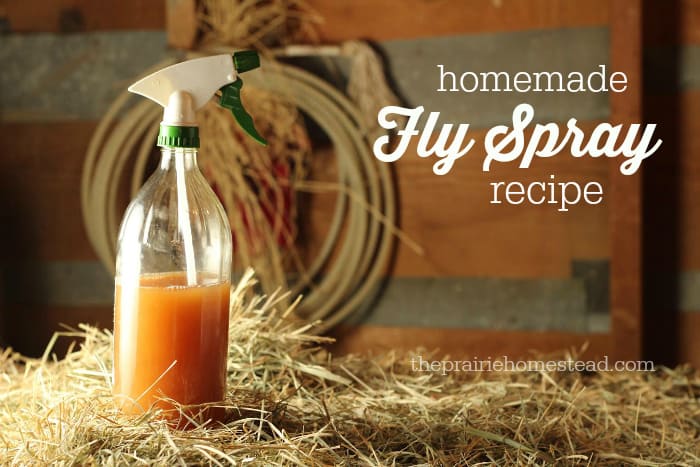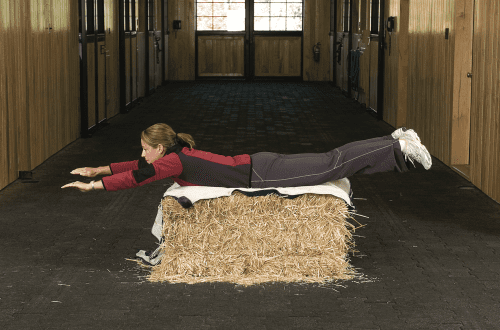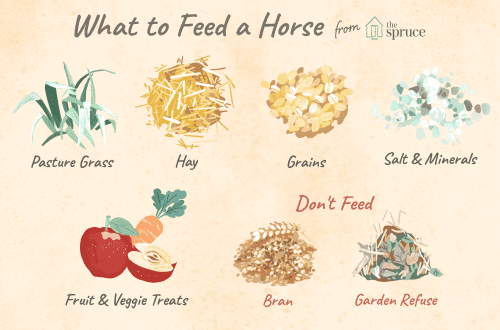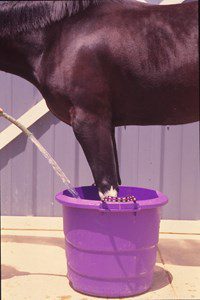
Cooking “homemade” fly spray!
Cooking “homemade” fly spray!
Annoying flies noticeably annoy horses. On sale there are many tools that allow you to deal with these insects. And, perhaps, this article could end here. But we, horsemen, are known lovers of experiments, so why not try to “conjure” with an anti-fly recipe.
As an “all natural” addict, I have researched many recipes on the Web and selected some of the most suitable ingredients for myself. Hope, this information will be useful and interesting to you.
Citronella oil
Citronella oil effectively repels mosquitoes, as well as horse flies, and has a very pleasant smell. Highly concentrated pure essential oil should be heavily diluted.
Eucalyptus oil
Lemon eucalyptus oil is an ingredient registered as a mosquito repellent. However, research suggests that it can also be used to control flies. Like citronella oil, eucalyptus oil is highly concentrated.
Flies also dislike smells of lavender, lemongrass, peppermint, cloves (appropriate oils can be used).
Soap for washing dishes.
Many homemade fly spray recipes include dishwashing soap. I’ve seen recipes that contain almost every brand of soap. It is used as an emulsifier and is mixed with dilute oils.
Vinegar
Vinegar in homemade fly control recipes is used either white or apple (50 to 50). Maybe it depends on your taste preference. I couldn’t find any scientific research on what kind of insects vinegar repels, but there are plenty of stories about it repelling flies. I also found a lot of information about using apple cider vinegar as a way to treat insect bites. Using vinegar (topically) will also help make your horse’s coat shiny.
It may seem interesting the recipe for making “hazel lotion”. Mix half a glass of hazel broth with the same amount of vinegar (apple or table), add 30-60 drops of eucalyptus essential oil.
Fatty acid
A new ingredient in the fight against muses, EcoVet uses fatty acids instead of chemicals to “camouflage” the horse and make it invisible to flies. They work like a screen. You may not be able to fully utilize fatty acids, but…..why not?
If you decide to try making your own fly killer, be sure to use the following: advice:
Test the horse with a highly diluted liquid first (lots of water, few oils). Oils (like any other ingredient) can cause allergic reactions.
Test the spray on a small area of the horse’s body. Do not “drench” the horse as if from the shower!
Use the spray in combination with mosquito blankets, fly masks and foot protection.
Work to eradicate flies throughout the stable, attack flies at all stages of their life cycle!
Happy Potions!
Transfer Valeria Smirnova (a source).





